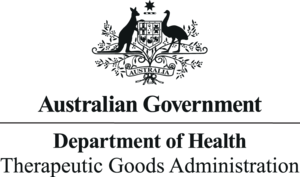TGA rules confusion: influencers can still promote therapeutic goods
Misinformation surrounding the rules of the Therapeutic Good Administration’s (TGA) Advertising Code, which regulates how advertisers and influencers can promote therapeutic goods, caused a stir across the industry yesterday, with claims that influencers would no longer be able to promote therapeutic goods.

The new code, which was released in early December and came into effect on the 1st of January this year, became a topic of confusion and distress amongst agencies and influencers when the varying interpretations of changes were published by several news publications over the weekend.


Each year Dr Skerritt (head of TGA) attends the alternative medicines conferences sponsored by Blackmores. He appears each time as a guest speaker. To the casual observer this would seem a bit of a conflict of interest. Given he regularly attends these conferences as a guest speaker why hasn’t he used these forums to signal and explain code changes to those attending?